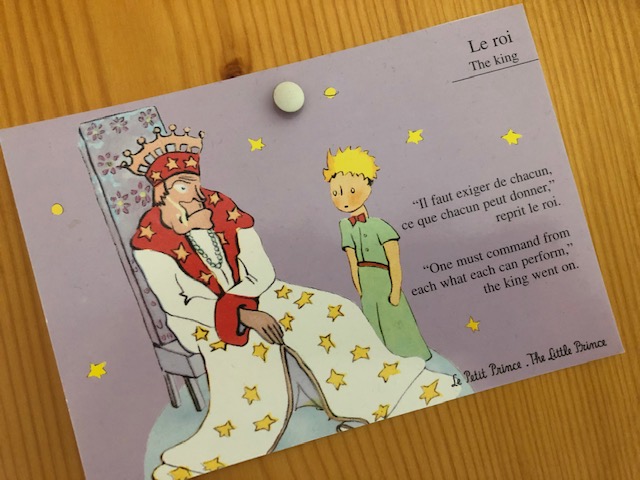“The most fortunate are those who have a wonderful capacity to appreciate again and again, freshly and naively, the basic goods of life, with awe, pleasure, wonder and even ecstasy.” – Abraham Maslow
As we all now, time changes fast. Society changes, society adapts. During the last decade, social scientists have started to debate more about appreciative leadership and employee well-being in everyday work life. It’s something most companies start to be aware of. And so should leaders in any other sector.
Already in the 1970s, American Psychologist Abraham Maslow urged to know about psychological health. Through his research, he presumed that there’s a hierarchy of needs: he categorized the needs of people by priorities. On the baseline of his pyramid, Maslow put physiological needs, followed by a need of security and social needs. His theory assumes that then follow self-worth and appreciation. On the top of the pyramid, there’s a need of prestige. When a motive is satisfied, people strive for the next.
In Western Europe, we can luckily say that we have a high-standard life and that generally, the first three categories of needs are satisfied. Which means, most of Europeans strive for self-worth and appreciation, and surely big time through their work.
Even if it feels awkward for a leader to give appreciation at first, nowadays it is a must. People want to be treated with respect, and leaders should act on that better sooner than later. Employees start to feel connected with their organization through appreciation.
So, what do we learn? There’s no easier way to enhance a work atmosphere than by valuing the people in it. Leaders might need to get out of their comfort zone, but it’s an easy way to a better work life. Some leaders might be surprised by what they get when they give.
By Jenny Drösch from Belgium



